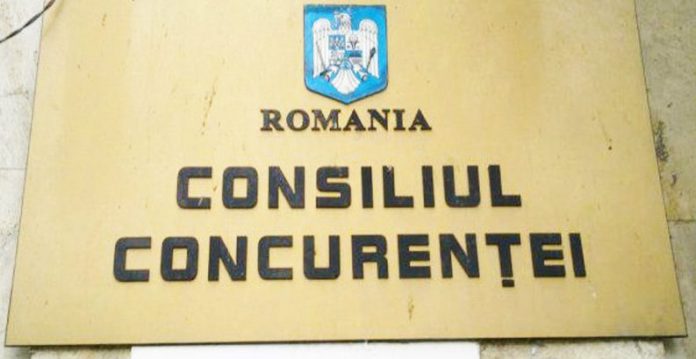Romania is still the country with the lowest prices in the European Union, especially for food, even though we have gone through high inflation, Competition Council President Bogdan Chiritoiu said on Wednesday.
„We have a rather mixed report. I say that it has both good and less good things (…) The first conclusion (of the report, editor’s note) and I would say among the positive ones is that we have falling inflation. Romania, like all of Europe, went through an inflationary period. We can discuss the causes. A combination of the crisis triggered by the war, by the Russian invasion of Ukraine, by the increase in energy prices, which affected the whole economy, but also the large expenses that we have made in Romania and the other countries in Europe during the Covid period to compensate for the economic impact of the economic shutdown. Now, inflation, fortunately, is going back to „low-digit” figures, somewhere around 4-5% annual rate, which is closer to what we had before the Covid period. From our point of view, and not only ours, even though we have gone through this high inflation, Romania is still the country with the lowest prices in the European Union. So we have the lowest food prices in the Union. A bit above us, with slightly higher prices, are Poland and Bulgaria. I’ve been warned that no one will believe me when I say this and I’m prepared to see people are surprised. The point is, however, Romania still has the lowest prices in the European Union and so says Eurostat,” Chiritoiu told the „Competition in key sectors” conference.
According to the head of the competition authority, the markets in Romania have remained functional and there is competition in the market, which „helps us absorb the inflationary shock.”
„However, while overall, prices have remained lower than in other countries, we also see areas where we have slightly higher prices than in surrounding countries. The areas that we focused on in our investigations were on food products, where we had this kind of higher increases. We will continue to do that. They’re a red flag, but they’re not necessarily evidence of breaking the law, nonetheless they are a warning that something is not working well in that industry and there may be anti-competitive behaviour that we need to identify and address. I’m saying that the Council is now running at full speed, I don’t think we can increase the volume of activity, but we can perform a more intelligent activity. So far we have carried out 60 investigations,” emphasised Bogdan Chiritoiu.
Competition Council on Wednesday organised a conference on „Competition in key sectors – 2024,” which addressed the importance of ensuring a functional and stable competitive environment, as well as the positive effects that the correct implementation of competition rules has on the economic environment and consumers.
AGERPRES




